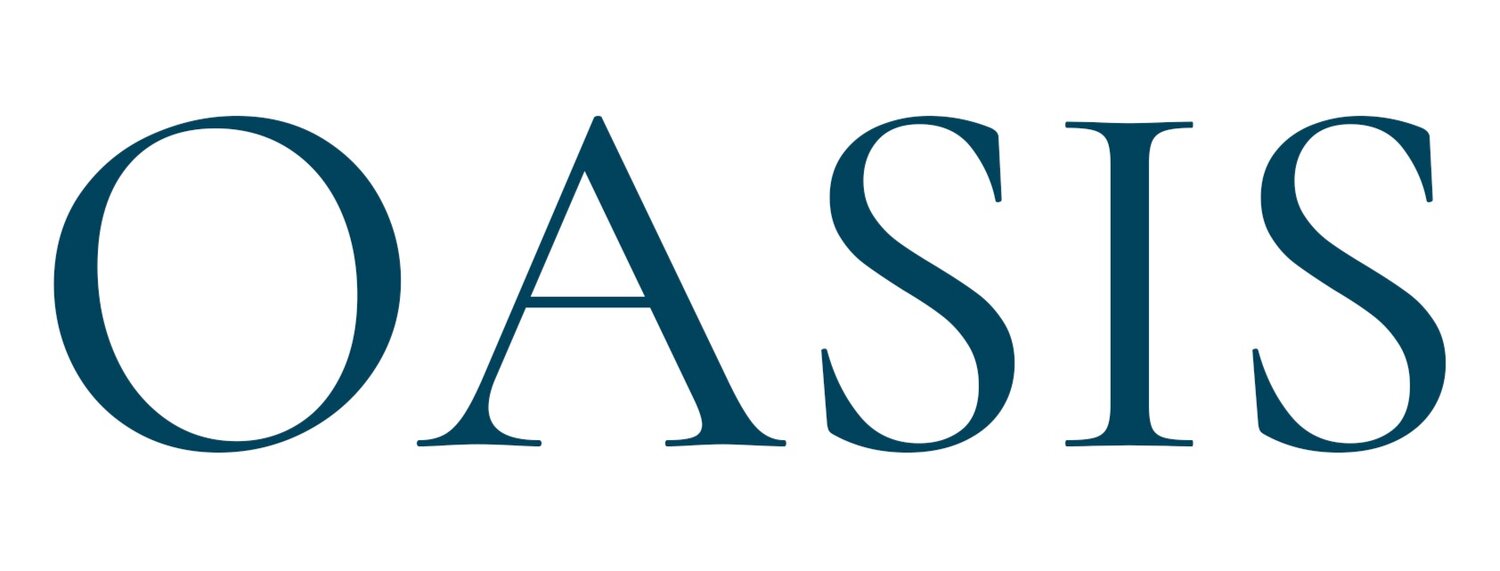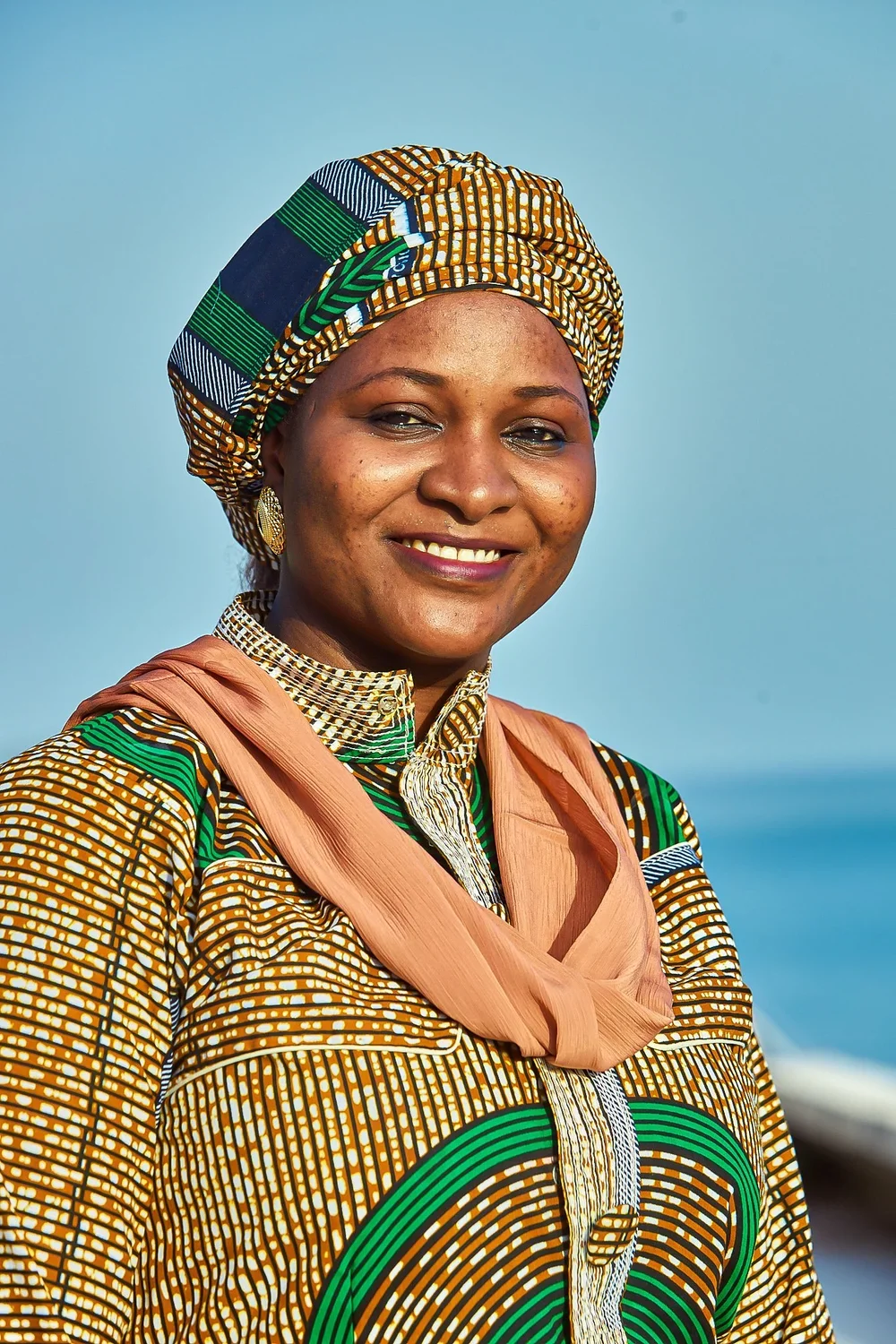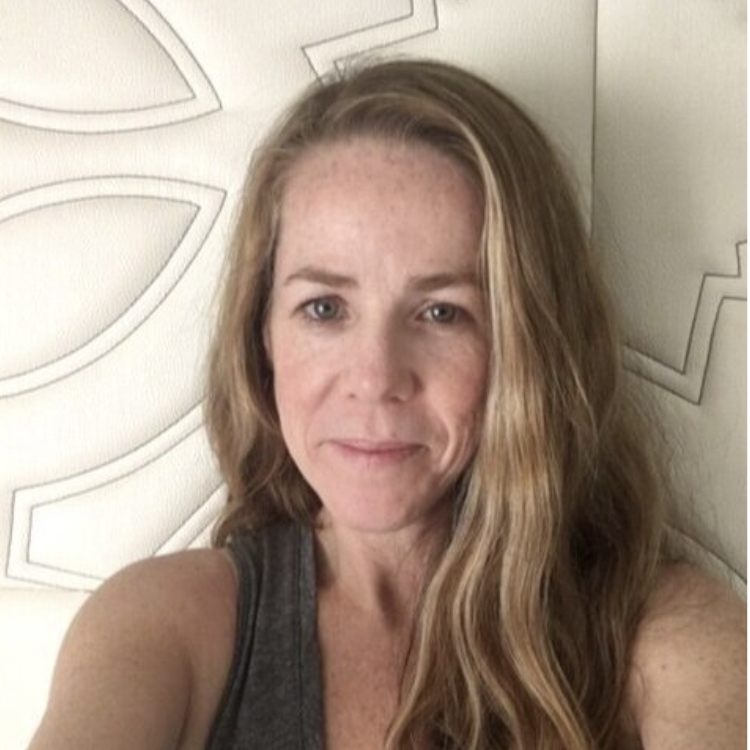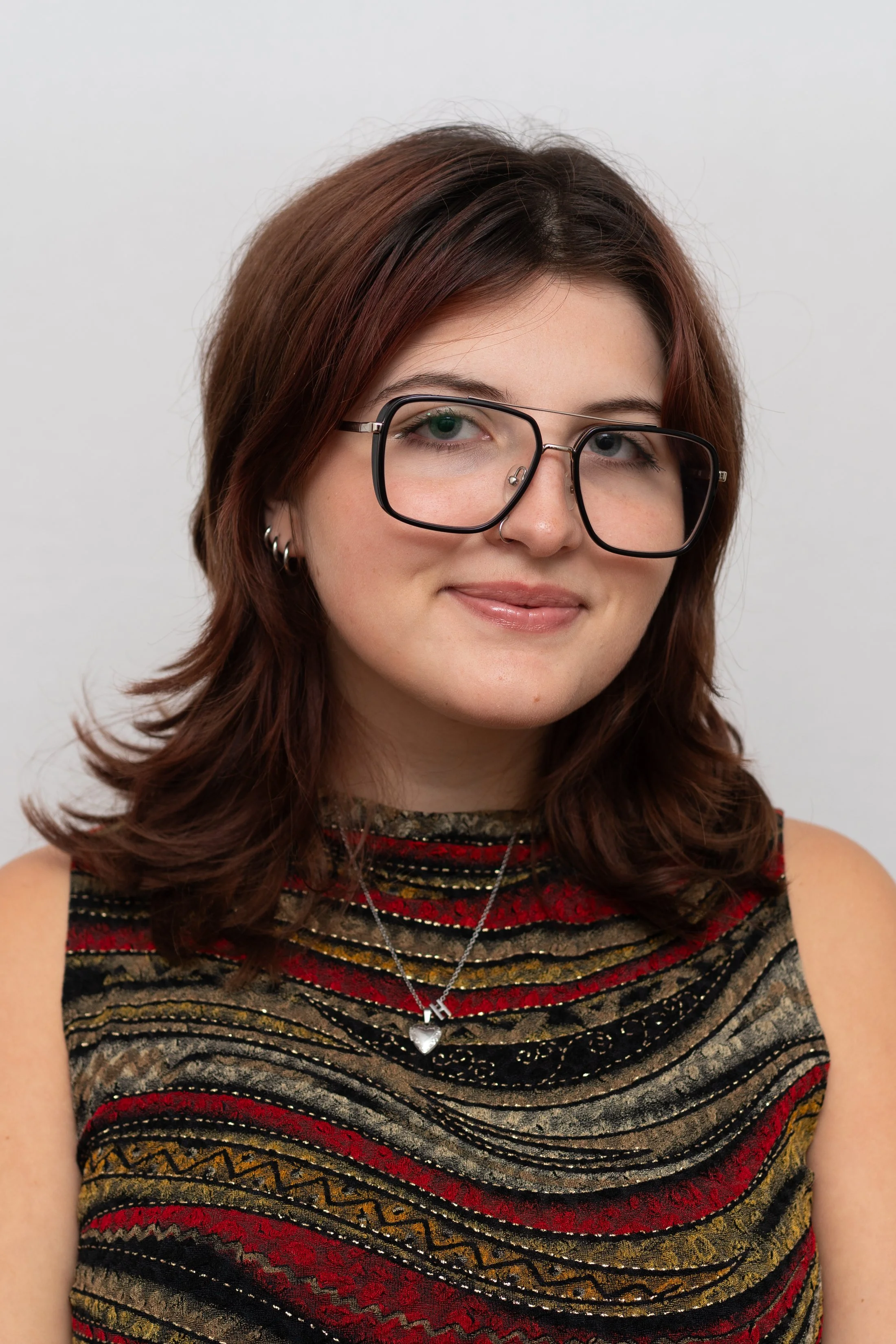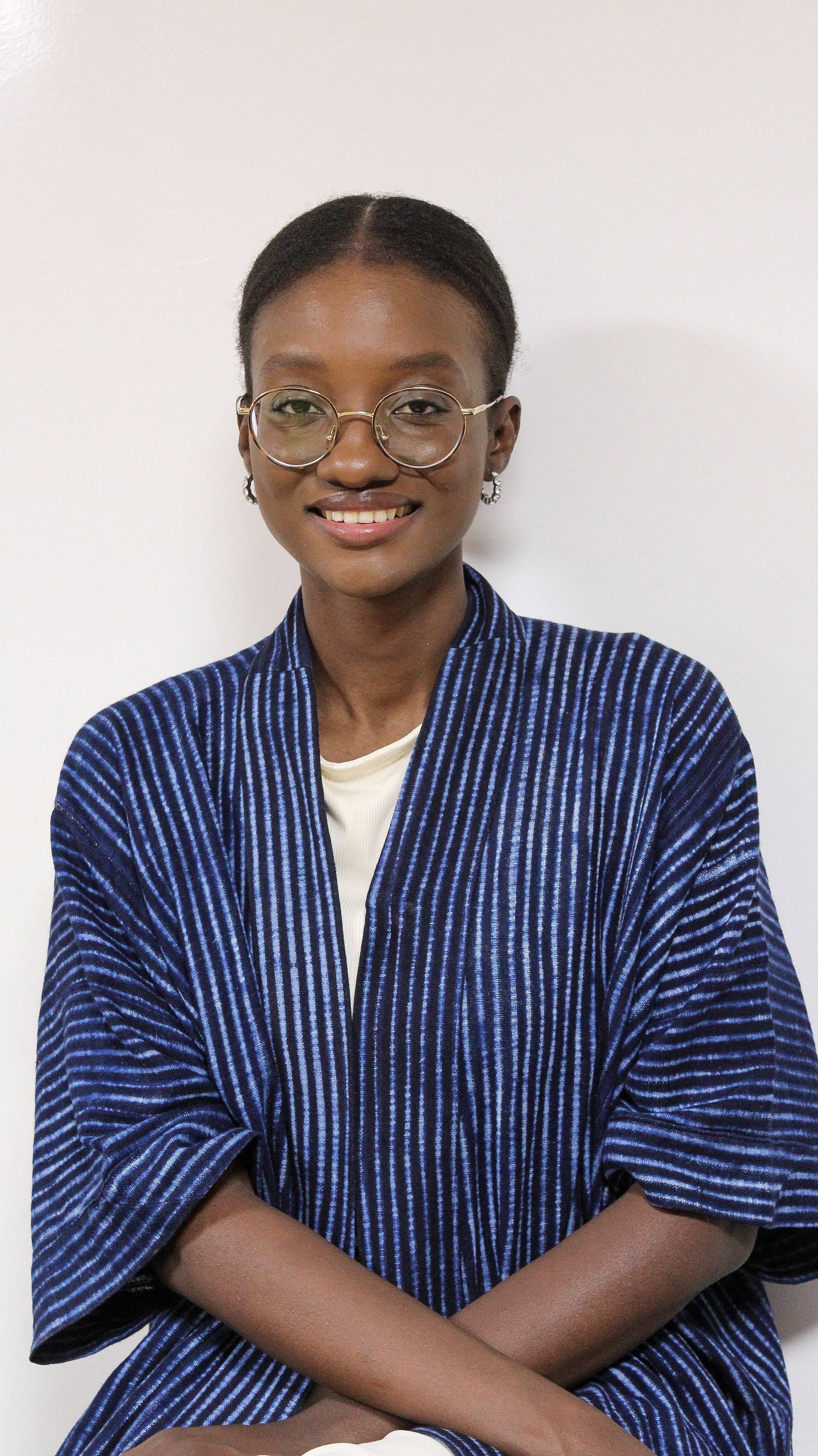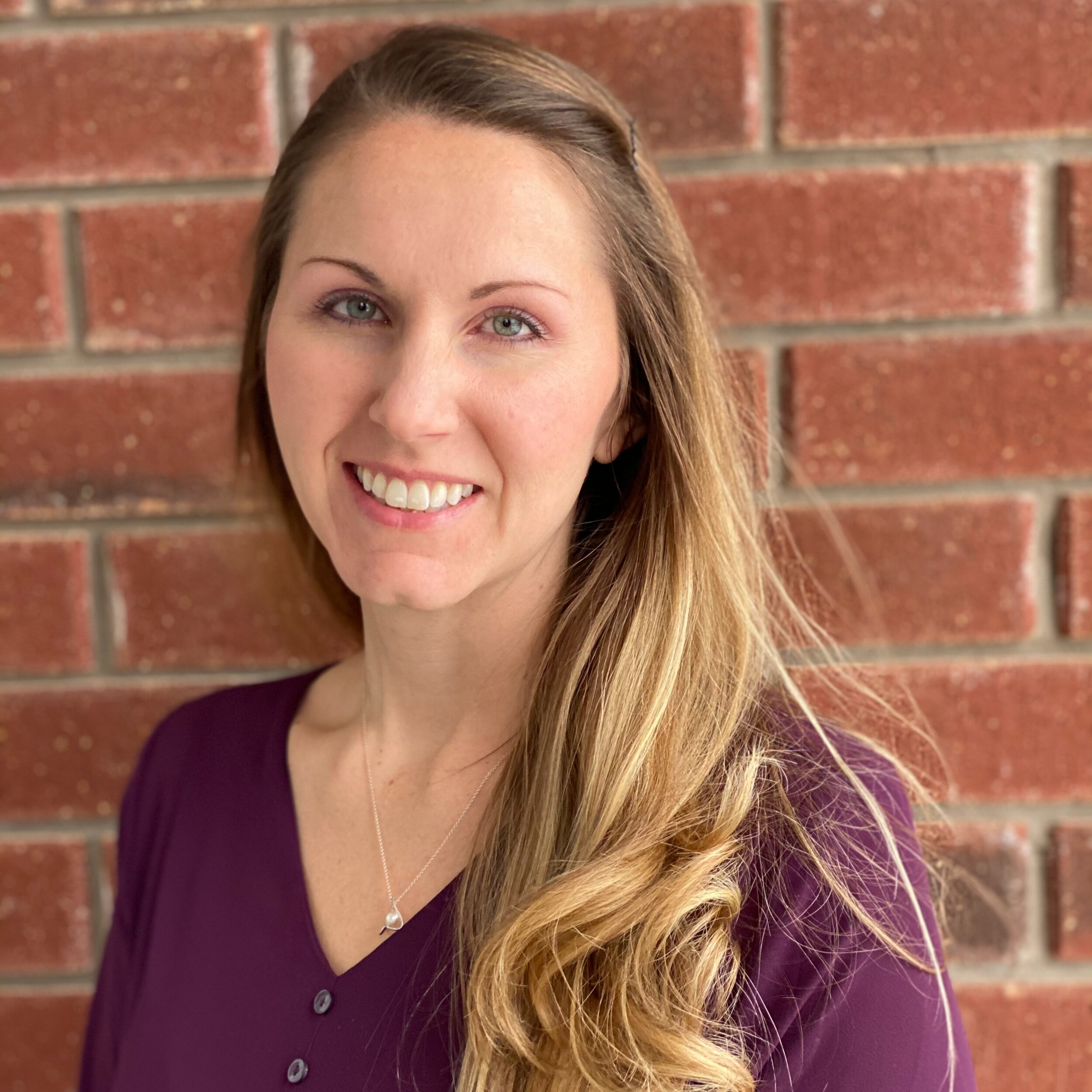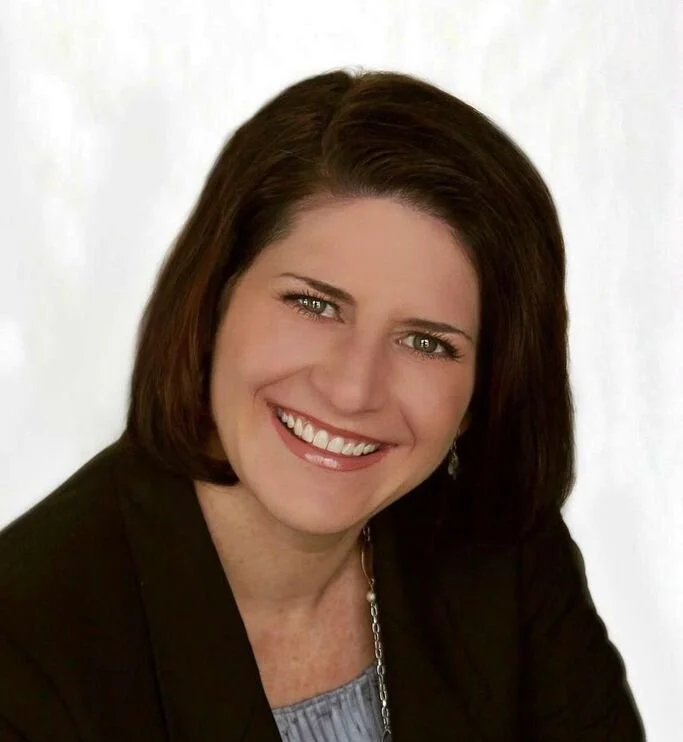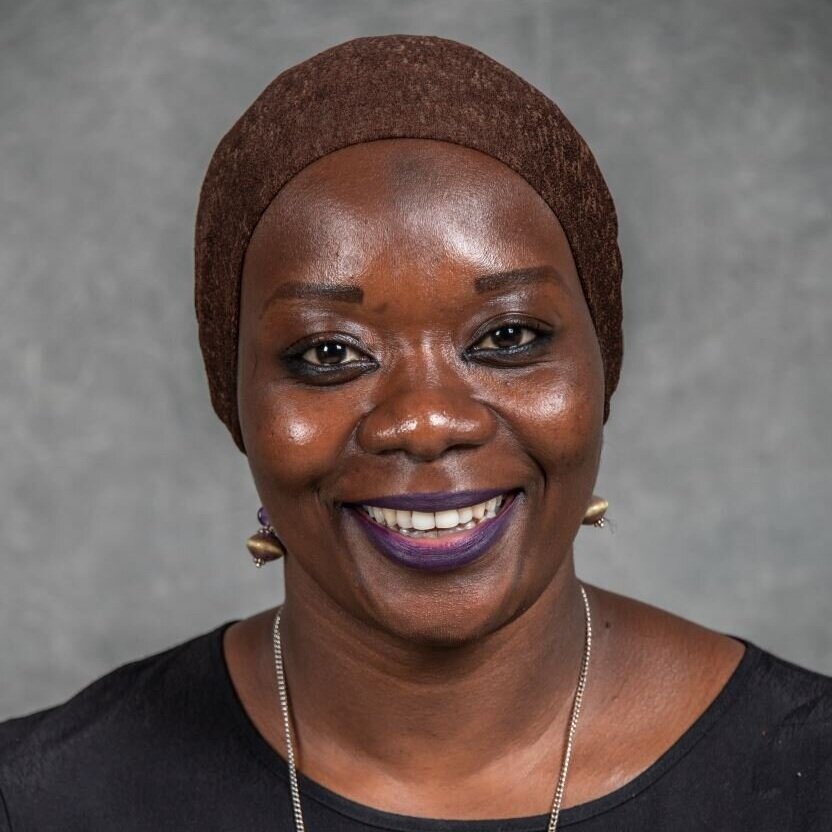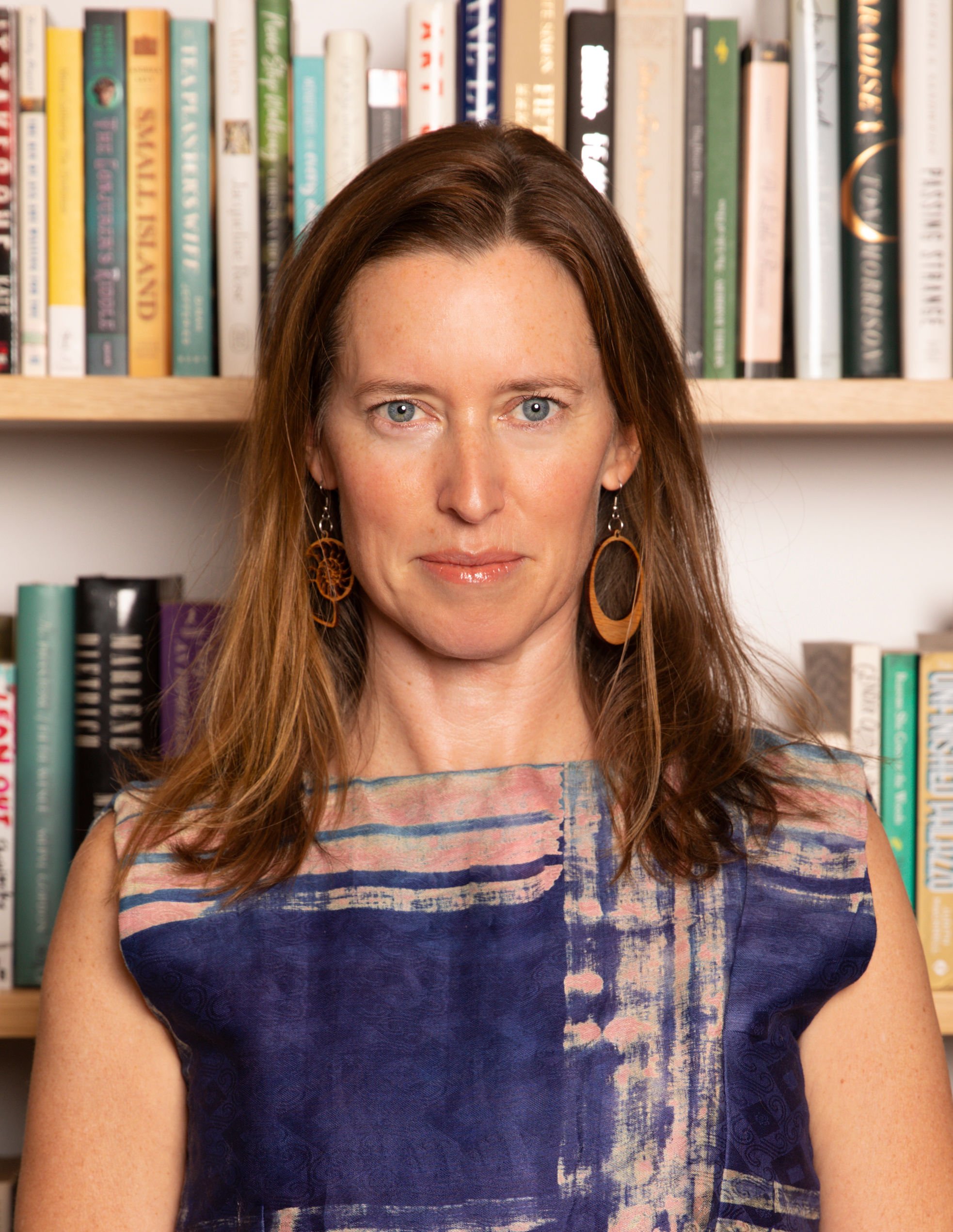Our Team
Executive Director
Director of Strategy and Development
Director of Reproductive Health Access
Partnerships Lead
Administrative Assistant
Operations Associate
Advocacy Program Officer
Country Manager
Research and Evaluation Lead
Lead Program Associate
Affiliated Researchers & Consultants
Our Board
Financials and Board meetings notes available upon request by contacting info@oasissahel.org
Co-Founder
Interns
Bios
Core Staff
Natalie Williams
Natalie Williams is the Executive Director of OASIS. Natalie is a public health professional with over seventeen years of senior management experience in international health policy and program development in Africa, Asia and Latin America. Before joining OASIS, she worked for a variety of international agencies and was responsible for managing complex maternal health and Indigenous mental health programs, including access to high-impact maternal health interventions, strengthening health systems for family planning and reproductive health services and behavioral change for Indigenous suicide prevention. Natalie is a return Peace Corps Volunteer and Masters International Scholar dedicated to connecting underserved populations to resources that can improve their quality of life. She received her MPH from George Washington University with a concentration in Global Health Promotion.
Halimatou Zika Sombeize
Halimatou Zika SOMBEIZE is the founder and Chair of the Board of Directors of the Nigerien Cell of Young Women Leaders. Originally from Niger, she is a specialist in climate change. Her passion for volunteering in the fields of education and youth leadership, particularly for girls and women, stems from her experiences at the Nigerien Youth Parliament and the Francophone Youth Parliament. Her greatest desire is to see women and girls educated and empowered to reach their full potential!
Lou Compernolle
Lou Compernolle is a Sexual and Reproductive Health and Rights expert. She enthusiastically believes in the power of effective networks and youth leadership to address the complex challenges the world faces today. From the start of her career two decades ago, she has contributed to, initiated, and managed dozens of networks and partnerships to advance and defend the right of all women and girls to make autonomous decisions about their own bodies, sexuality, and lives. Lou has worked as a technical officer for the World Health Organization, the Reproductive Health Supplies Coalition, and PAI. She has taught at the Dutch Tropical Institute and worked as a consultant for a wide range of governmental, non-governmental, and multilateral organizations. Lou holds an MA in Sinology from Leiden University (NL) and an MSc in health policy and population from the London School of Economics (UK).
Policy brief: Optimizing the World Health Organization COVID-19 Interim Guidance 2020
Aminata Dia
Aminata Dia, a determined and empathetic advocate for women's rights, is our Advocacy Program Officer and co-founder of Elles du Sahel, a network advocating for women’s and girls’ access to quality education and healthcare. Born and raised in Mauritania, Aminata is deeply connected to her roots and driven by a strong desire to contribute to her country’s development. After pursuing higher education in France, Thailand, South Korea, and Spain, she returned to Mauritania to remain close to her family, whose dedication has profoundly shaped her values.
Aminata's advocacy focuses on providing young girls with access to quality education, firmly believing that education is the key to progress and equity. Her professional journey includes impactful roles with organizations such as the G5 Sahel, the G5 Sahel Women’s Platform, and the International Crisis Group, giving her extensive experience in addressing the political, social, and economic challenges in the Sahel region. She also collaborated with the United Nations High Commissioner for Human Rights in Mauritania, where she was monitoring and raising awareness about human rights violations. She currently serves as Chair of a non-profit organization called Malaama, which promotes gender equality and women’s empowerment in Mauritania.
Guided by values of equity, justice, and kindness, Aminata is committed to creating innovative solutions, amplifying the voices of women and girls, and contributing to peace and development in West Africa.
Sarah Jones
Sarah Jones is our Reproductive Health Access Program Lead where she oversees OASIS's initiatives to bring essential medicines and services for safer pregnancies and childbirth in the Sahel. Previously, Sarah was an Advocacy & Program Consultant at Equipop, an NGO for the rights and health of women and girls based in Paris, France and more recently served as a Senior Program Manager within our legacy program with Venture Strategies that pioneered the introduction of misoprostol for multiple obstetric indications in over 20 countries. In this role, she helped to facilitate registration of misoprostol in Niger, Burkina Faso and Burundi, a combination mifepristone/misoprostol product for medication abortion in Burundi, and inclusion of those medicines in the national essential medicines lists. She has co-authored and published training materials on the use of misoprostol for various indications including mifepristone and misoprostol for medical abortion, and the results of our shared work with the WHO on the availability of medication abortion medicines in 15 countries in Africa and Asia. Sarah holds a Masters in International Relations from Baylor University and is fluent in French.
Rita Dougssa
Rita Dougssa is a nurse by training with a Master's in Public Health, option Community Health with 10 years of experience in the design, management and evaluation of reproductive health programs and projects in both humanitarian and development contexts. Rita is skilled in setting up projects and supporting project teams, making the most of their skills, and helping organizations to set up a sound policy against sexual exploitation and abuse. She is also an experienced trainer and has deployed quality improvement approaches such as formative supervision, and mentoring and coaching of healthcare providers and community workers. Over the past 7 years, she has provided technical support and thoughtful leadership to field teams in several countries, including Chad, Central African Republic, Cameroon, Benin, Togo and Niger. Improving maternal health is her passion. Since 2023, Rita has taken on the role of Project Coordinator in Chad for the OASIS’ project, Saving Mothers' Lives, where she works to reduce postpartum hemorrhage, one of the leading causes of maternal mortality in Chad, by improving access to misoprostol.
Paige Passano
Paige Passano is the Lead of Partnerships at OASIS, who is also affiliated with the Bixby Center for Population, Health & Sustainability at the University of California Berkeley. From 2015 to 2020, she served as Director of the Sahel Leadership Program and is a founding member of Les Elles du Sahel, a women-led group advocating for greater prioritization and funding for girls and women in the Sahel. She has over 20 years of experience in global health, with a focus on girls’ education, capacity strengthening, and leadership development. Her current areas of focus are program design, strategy and development, partnership building, and global health advocacy.
New hope: community-based misoprostol use to prevent postpartum haemorrhage
Sarah Jane Holcombe
Dr. Sarah Jane Holcombe is our Research and Evaluation Lead and manages a research initiative with the Population & Health Research Institute in DRC and the Institut Africain de Santé Publique in Burkina Faso to model and develop recommendations for accelerating demographic transitions in seven countries in the Sahel and francophone West Africa. She also lends her monitoring and evaluation expertise to the girls’ safe spaces initiatives supported by OASIS. Previously, she served as the Senior Learning Advisor with The Challenge Initiative at the Gates Institute, Johns Hopkins School of Public Health. She brings experience from her leadership of family planning and reproductive health grantmaking in Ethiopia, Mexico, and Sudan with the Packard Foundation, and from her launch of the Bergstrom Foundation’s East Africa grant-making program. She managed the Ellertson Postdoctoral Fellowship in Abortion and Reproductive Health. At the U.S. D.H.H.S., she analyzed financing strategies and developed quality measures for low-income populations. She received her Ph.D. in Health Services & Policy Analysis from the University of California, Berkeley. Her doctoral dissertation explored Ethiopia’s 2005 reform of its Penal Code with respect to abortion: examining agenda-setting, obstetrician-gynecologists’ roles, and midwives’ attitudes. Current research interests include medical professionals’ roles in policy reform, and scale-up of reproductive health services in LMICs.
Kerrie Saephanh
Kerrie Saephanh is the Administrative Assistant. She is passionate about using her years of expertise in administrative operations to support life-giving initiatives. When she is not working at OASIS, you can find her doing one of two things: supporting other Bay Area nonprofit organizations, or teaching people how to build a budget as a YNAB coach. She holds a BA in Geography and Environmental Studies from the University of California, Los Angeles.
Jolie Hackney
Jolie Hackney is the Lead Program Associate for the Reproductive Health Access and Safe Spaces Teams at OASIS. She received her Bachelor's Degree in International Studies and Geography, with minors in French and Architecture and Urbanism, from DePaul University. Previously, she has worked in non-profit and pedagogical fields, both in the U.S. and in France. Jolie is a proponent of research-backed, human-based policy through the lens of global thinking and local action. She looks forward to being a lifelong student of world systems–and proponent of positive change to such–through school, work, and interpersonal communications.
Kaiah Bush
Kaiah Bush is the Operations Associate. She is passionate about understanding international political issues and being a part of their many evolving solutions. Kaiah is currently a senior at NYU, majoring in Political Science, with minors in French and Digital Art and Design. She has previously worked in several nonprofits supporting children’s literacy and addressing the relationship between poverty and education in America, working both within classrooms and operationally. Before becoming an administrative assistant, she was an intern and an English Coach for OASIS.
Affiliated Researchers & Consultants
Abdoul Moumouni Nouhou
Abdoul Moumouni Nouhou is a demographer-statistician, Director of L’Initiative OASIS Niger and Affiliated Researcher with OASIS. After working at the National Institute of Statistics in Niger, he joined the World Food Program where for four years he conducted monitoring and evaluation of health / nutrition, rural development and school feeding programs. Nouhou is actively involved in innovative work on demographic issues in West Africa. His PhD research focuses on the links between empowerment of women and fertility projections, including the use of contraception. Mr. Nouhou firmly believes in the potential of women to contribute to the welfare of families and the need for African countries to unlock this potential to accelerate their economic and social development.
Amy Grossman
Amy Grossman is a consultant who brings more than twenty years experience in nonprofit communications, fund development, and women’s health across Africa, Asia and Latin America. Amy is a registered nurse and holds a Masters in Public Health with a specialty in maternal and child health and international health from the University of California, Berkeley. Passionate about women’s access to reproductive health medicines and services, previously Amy served as a technical advisor to bring emergency contraception to Honduras and held a variety of roles during her seven-year tenure at Venture Strategies, which pioneered the introduction of misoprostol for multiple obstetric indications in more than 20 countries. She has co-authored and published journal articles and training materials on the use of misoprostol for women’s health, and most recently on the availability of medication abortion in Africa and Asia as part of OASIS’s Reproductive Health Access Program.
Misoprostol for safe motherhood: one tablet, two life-saving indications
Ndola Prata
Ndola Prata is a public health physician and medical demographer from Angola. She earned her medical degree from the University of Angola and an MSc in medical demography from the London School of Hygiene and Tropical Medicine. She began her career practicing medicine in Angola for 10 years and served as Head of the Social Statistics Department at the National Institute of Statistics of Angola. Shortly after moving to the US, while beginning her tenure as a researcher and lecturer at UC Berkeley, she served as a Demographer/Analyst for CDC’s Division of Reproductive Health for six years, a role she resumed briefly from 2010 to 2011. Prata’s current research is based in sub-Saharan Africa, she is especially interested in family planning, abortion, reproductive health, women’s health and empowerment and maternal mortality.
Preventing Postpartum Hemorrhage at the Community Level: A Compendium of Operations Research
A new hope for women: medical abortion in a low-resource setting in Ethiopia
Brooke Escobar
Brooke Escobar is a development finance researcher with expertise in aid analysis on traditional and non-traditional donor flows. She is working with OASIS to better understand development finance flows to the Sahel region and their role in better empowering women through family planning and education services. Brooke currently serves as a Senior Program and Technology Manager at AidData, a research development lab based at the College of William & Mary. She leads AidData’s Transparent Development Finance data collection team. Brooke holds an MA in Public Affairs from the University of Texas in Austin and a BA in Political Science from Brigham Young University.
Sahai Burrowes, PhD, MALD
Sahai Burrowes is an Associate Professor of Public Health and Chair of the Global Health concentration at Touro University California. Dr. Burrowes is a health systems researcher with a regional focus on eastern and southern Africa, and her research focuses on policies to scale up and improve the quality of stigmatized reproductive health care services such as safe abortion care and cervical cancer screening and treatment. She has a Ph.D. in Health Policy from UC Berkeley, a Masters in Law and Diplomacy from the Fletcher School of Law and Diplomacy at Tufts University, and a Bachelors degree in Politics from UC Santa Cruz. Before her receiving PhD, she managed and provided technical assistance for HIV/AIDS programs in Burma (Myanmar), Madagascar, Malawi, South Africa, Zimbabwe, and Tanzania, focusing on the prevention of mother-to-child transmission of HIV.
Daniel Perlman
Daniel Perlman, Ph.D, is a research medical anthropologist at UC Berkeley with more than twenty years’ experience implementing and evaluating community-based health and education programs in Asia, Africa, and Latin America. Perlman co-founded the Population and Reproductive Health Initiative in partnership with Ahmadu Bello University and then the Centre for Girls education in Zaria, Nigeria. He served as the Centre's first director until 2016 and as the PI on the Centre’s research and evaluation grants from the MacArthur Foundation, Intel Foundation, UNFPA, Ford Foundation, and the Packard Foundation.
Ethnographic Research and Gender Assessment of Matasa Matan Arewa (MMA)
Understanding and Ending Child Marriage: Insights from Hausa Communities
Meghan Gauthier
Meghan Gauthier is our Monitoring and Evaluation Assistant and works alongside the team of Lumiere des Filles et des Femmes. Here, she looks at programs that are located within the Sahel that focus on increasing the female adolescent education rates, and teach mothers the benefits of child spacing and life skills. Being bi-lingual in French has been an asset as she works with Francophone Niger. She also works as a Business Analytics Manager for a non-profit in Chicago that focuses on providing free healthcare for individuals without insurance. She is a UIC graduate with her Master of Public Health in Epidemiology with a concentration in Global Health. She is passionate about improving the lives of underserved individuals near home and around the world, through a data and equity lens.
Riley Taylor
Riley Taylor is an OASIS volunteer. Most recently, she worked as a community health worker on Salt Lake County Health Department’s COVID-19 response team. In her previous roles, Riley has been a champion for new moms and adolescent girls working in reproductive and family health projects. As a Health Educator at Utah Valley Refugees, she started several initiatives, including an inaugural community garden program. Riley holds a BS in Public Health from Brigham Young University-Idaho.
Robyn La Fleur, MBA
Robyn La Fleur is a certified QuickBooks Pro Advisor with Advanced Certification and Associate Digital Bookkeeper with a Masters in Business Administration. Robyn is a financial management professional with over twenty years of experience in healthcare administration and cross-sector fiscal operations. Before founding her bookkeeping firm, she worked with organizations ranging from small businesses to large healthcare systems, managing complex financial operations, implementing accounting systems, conducting financial analysis and forecasting, and strengthening fiscal controls for sustainable growth. Her expertise includes budget development, variance analysis, cash flow management, and financial reporting that enables data-driven decision-making. Robyn is a minority woman business owner dedicated to ensuring underserved small businesses have access to professional financial management services. She is based in Gilbert, Arizona.
Sibiri Paul Ouédraogo
Sibiri Paul Ouédraogo is our Reproductive Health Access Associate and a specialist in sexual and reproductive health (SRH). Paul has over 25 years of expertise and practical experience as a healthcare provider. He is a midwife by training, has completed postgraduate training (cadre midwife) and has a diploma in obstetric and gynecological health care (ASSOG). Paul also has a Master's degree in SRH and a university diploma in gender and humanitarian emergencies. Paul has skills in management, monitoring, evaluation, accountability and capitalization of SRH projects and programs, and in the coordination and supervision of training and capacity-building programs. He also specializes in the management of gender-based violence (GBV) programs. Paul also teaches and leads training of midwifery students at the National School of Public Health of Burkina Faso and has been working as a consultant with OASIS on projects in Burkina Faso, Chad and Central African Republic since 2020.
Our Board
Alisha Graves, c0-Founder OASIS
Alisha Graves is a co-Founder of the OASIS Initiative at University of California, Berkeley along with the late Dr. Malcolm Potts. Alisha lectures internationally on population and food security in the Sahel. She is a research fellow for Project Drawdown, analyzing the potential contribution of family planning for reducing greenhouse gas emissions. Previously, she worked to improve women's access to misoprostol, a generic, essential medicine. In this role, she worked on drug registration, operations research, and advocating for evidence-based maternal health policies across seven countries in Sub-Saharan Africa and Southeast Asia. She completed her Masters in Public Health (MPH) in International Maternal and Child Health at the University of California, Berkeley in 2006.
Big issues deserve bold responses: Population and climate change in the Sahel
Misoprostol for safe motherhood: one tablet, two life-saving indications
Avoidable maternal deaths: Three ways to help now
Karen Pak Oppenheimer (Board Chair)
Karen is the co-Executive Director of the Oppenheimer Project, continuing the legacy of the late J. Robert Oppenheimer. Trained as an engineer and scientist, she has spent the past two decades in research, strategy, advisory, and senior management roles across the nonprofit, public, and private sectors. Her work focused on the intersection of population, health, and climate, primarily in rural India and East Africa. Karen also served on the frontlines of the COVID-19 response. In addition to OASIS, she serves on the boards of DKT International and the Institute for Transformative Technologies. She holds a Bachelor of Science in Chemical Engineering from Johns Hopkins University, a Master of Science in Biotechnology from Northwestern University, and a Master of Public Health from the University of California, Berkeley.
Dr. Halimatou Dioula, World Bank
Dr. Halimatou Dioula is a development economist with over a decade of experience working on education, fragility and peacebuilding, and public policy. As Minister counselor at the Permanent Mission of Niger to the United Nations, she worked on security council affairs including children and armed conflict, covering 21 country-situations and was the principal negotiator on the landmark UN Security Council resolution 2601 (2021) on the protection of education in armed conflict. She was an Echidna Global Scholar at the Brookings Institution, where her research investigates the impact of insecurity on educational systems in fragile and conflict affected contexts, notably in the Sahel and the Liptako-Gourma area. Halimatou grew up in Arlit, Niger. Her research on education, socioeconomic inequality, public sector reform and gender has been published with Oxford University Press, Springer, and Brookings. She holds a PhD in Development Studies from the University of Cambridge, an MA in Public Policy from Harvard University, and a BA in International Relations, Economics, and African Studies from Wellesley College.
Dr. Fadji Maina, NASA Goddard Space Flight Center
Fadji Zaouna Maina, PhD, is a computational hydrologist, working as an Earth scientist at the NASA Goddard Space Flight Center. She was previously working in the field of hydrogeology at Lawrence Berkeley National Laboratory where she used computational model using supercomputers to study the effects of climate change on water sustainability and predict future needs. Her research has demonstrated that wildfire in California counterintuitively increase the water availability in the watersheds, as the barren lands impact the snowpack dynamics. She also studies the potential effects of drought in African Sahel region, advocating for a holistic response including girl education and family planning, increase in agricultural production and local security.
Dr. Christina Kwauk
Dr. Christina Kwauk is a social scientist focused on the intersection of education, climate action, and gender equity. With expertise in international development, leadership in climate-conscious education, and youth empowerment, she has led research on girls’ education, 21st-century skills, and education for climate resilience.
She co-edited Curriculum and Learning for Climate Action and co-authored What Works in Girls’ Education, alongside numerous policy papers on climate change education and gender equity. Currently, she is a research director at Unbounded Associates and an education consultant. While she sits on the advisory board for Girl Rising, she also serves on the international jury for UNESCO’s Prize for Girls’ and Women’s Education and the World’s Best School Prizes.
Margot Fahnestock (Board Treasurer), Population Media Center
Margot Fahnestock is currently President and CEO of Population Media Center, a global nonprofit that uses storytelling for social and behavior change. Prior to PMC, Margot was the Vice President of Strategic Development at Medicines360, a nonprofit women’s health innovation company, where she led fundraising efforts and oversaw M360’s program to expand access globally to its hormonal IUD. Margot also served as a Program Officer at the William and Flora Hewlett Foundation, responsible for making grants to reduce unintended pregnancies and improve reproductive health and rights in East and West Africa. She was a founding member and catalyst for the Ouagadougou Partnership, which has mobilized hundreds of millions in additional funding for family planning in Francophone West Africa.
Earlier in her career, Margot served as a policy analyst at Futures Group in Washington, DC, collaborating with Ministries of Health in multiple African countries to improve policies for family planning and reproductive health. Margot spent two years as a U.S. Peace Corps volunteer teaching English at a secondary school in Mali, West Africa.
Robert Gillespie, Population Communication
Robert W. Gillespie, MPH is president of Population Communication in Pasadena, California, and the author of “Statement on Population Stabilization,” which has been signed by seventy-five world leaders. In the 1960s and 1970s, he did groundbreaking work in Taiwan, Iran, and Bangladesh. Gillespie has worked for the Pathfinder Fund, Population Crisis Committee, and Population Council, and is also a filmmaker (No Vacancy, 2004).
Interns
Roya Farahani
Roya is a fourth-year student at the University of Texas at Austin, pursuing a major in Italian Studies with minors in French and Government. Her academic and research interests focus on North African immigration to Italy, particularly the legal representation and advocacy for asylum seekers. In addition to her studies, Roya serves as an English Coach for OASIS, where she helps non-native speakers improve their language skills. Passionate about cultural exchange and social justice, Roya aims to one day contribute to international migration policy and support vulnerable communities.
Ella Lowman
Ella Lowman is passionate about global issues and committed to community engagement. She is a student at Appalachian State Honors College, double majoring in Global Studies and French. Currently developing an undergraduate thesis that integrates women’s reproductive rights, global health, anthropology, and language. Ella is actively involved in leadership programs bridging the university with western North Carolina and serves as an officer in the French Club. This Spring, she will be studying abroad in France immersing herself in language. In addition to being a part of the Intern Team, Ella volunteers as a coach with OASIS’s English Program.
